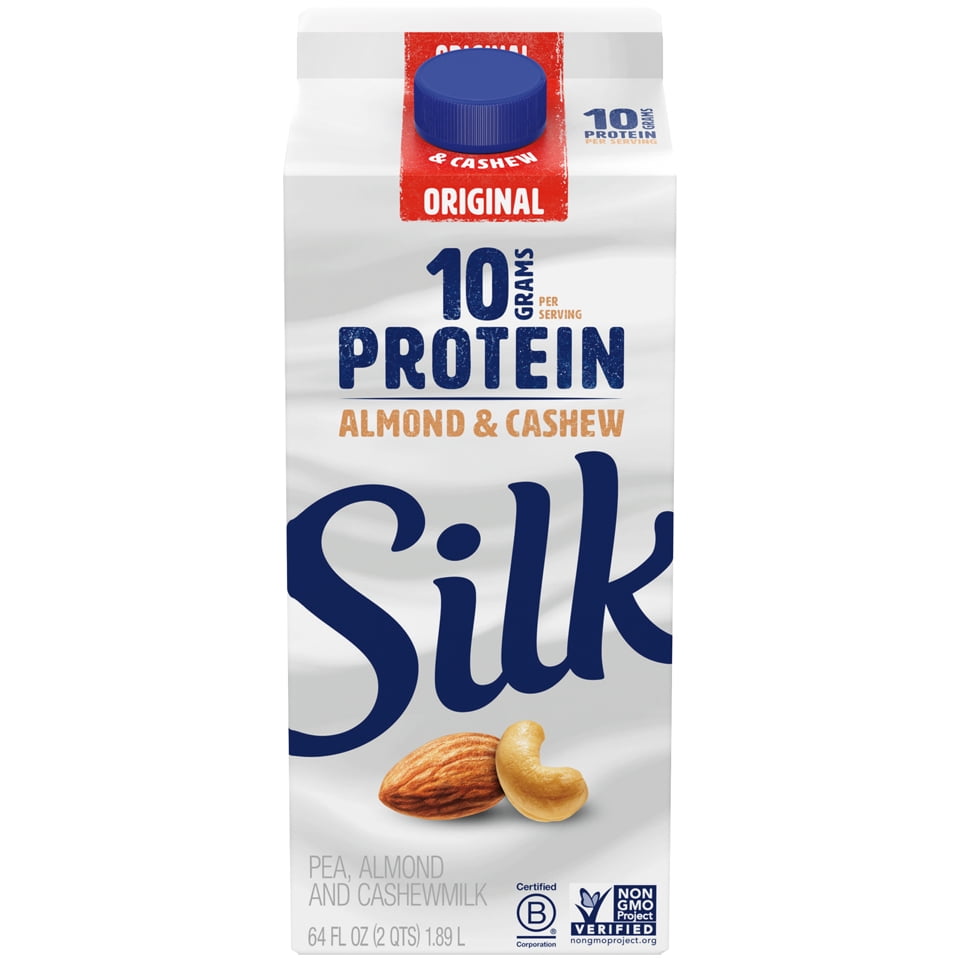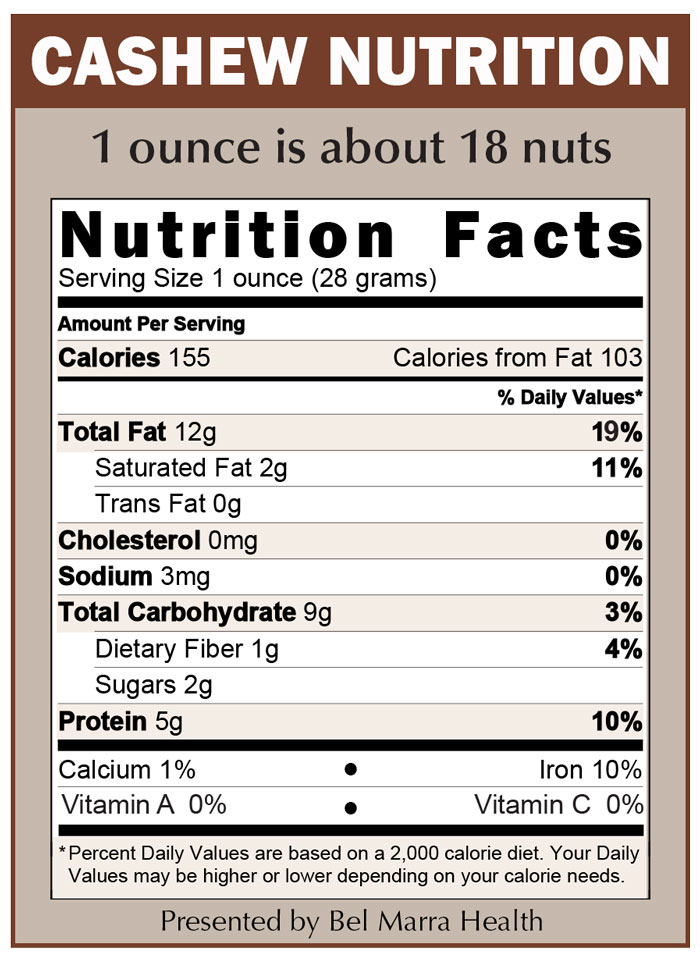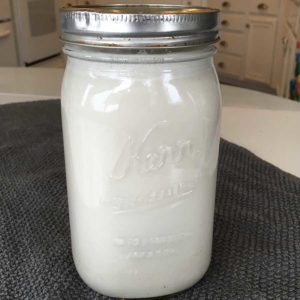

When choosing soy milk, stick with organic, non-GMO brands to avoid unnecessary pesticide consumption. The only way to decrease phytate levels is through a combination of sprouting and fermenting, like in foods such as miso, tempeh, soy sauce, and natto. You may have heard sprouting grains and beans decreases levels of phytates, but this method doesn't work with soy. But if you're drinking soy milk every day, the effects may be more pronounced.

Fortunately, these effects only occur in the meal during which you're drinking the soy milk, and the phytates won't disrupt absorption indefinitely. On the other hand, soybeans contain high levels of phytic acid, an antinutrient compound which inhibits your body's absorption of essential minerals like calcium, magnesium, iron, and zinc and may cause digestive problems. Look for brands with no emulsifiers or those which use sunflower lecithin and gums instead. Carrageenan is an additive derived from seaweed that has been linked to ulcers, inflammation, and other gastrointestinal problems. But you might be undermining your goals if you choose a brand that uses carrageenan as a thickening and emulsifying agent to keep the almond protein properly dispersed in the water. One reason to choose almond milk over cow's milk is to improve digestion, especially in those with lactose intolerance. The downsides are that almond milk is significantly lacking when it comes to the muscle-building macronutrient, protein, averaging a mere gram per serving compared to around 8 grams for dairy milk. It is, however, also supplemented with calcium, but in doing so, it serves up more of the bone-building mineral than cow's milk per serving! Cons
Cashew milk nutrition full#
That's quite the resumé! While other forms of milk need to be fortified with vitamins (including cow's milk), almond milk is naturally chock full of nutrients. Almonds are high in vitamin E, manganese, selenium, magnesium, potassium, zinc, iron, fiber, phosphorous and boast the highest levels of calcium out of all the nuts. A mixture of ground almond and water (so simple, you can make it at home!), almond milk is naturally low in calories.

In fact, almond milk has been around since the Middle Ages. Almond milk may be all the rage these days, but it's nothing new.


 0 kommentar(er)
0 kommentar(er)
